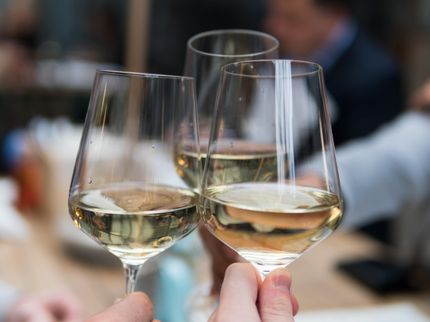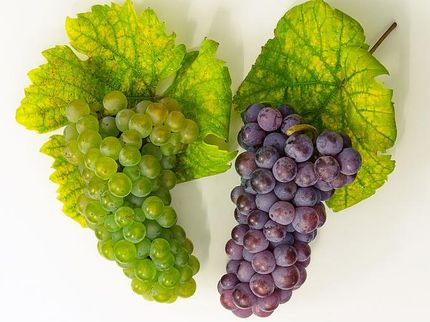US wine tariffs alarm German winegrowers
Advertisement
The long arm of US President Donald Trump reaches as far as the Moselle and Saar: "The punitive tariffs on wine hit us particularly hard," says winegrower Florian Lauer in Ayl (Trier-Saarburg district). In the steep slopes along the Moselle and Saar rivers, the production costs are so high that the company is dependent on special markets such as the USA. "If the new tariffs are permanent, we can forget it."
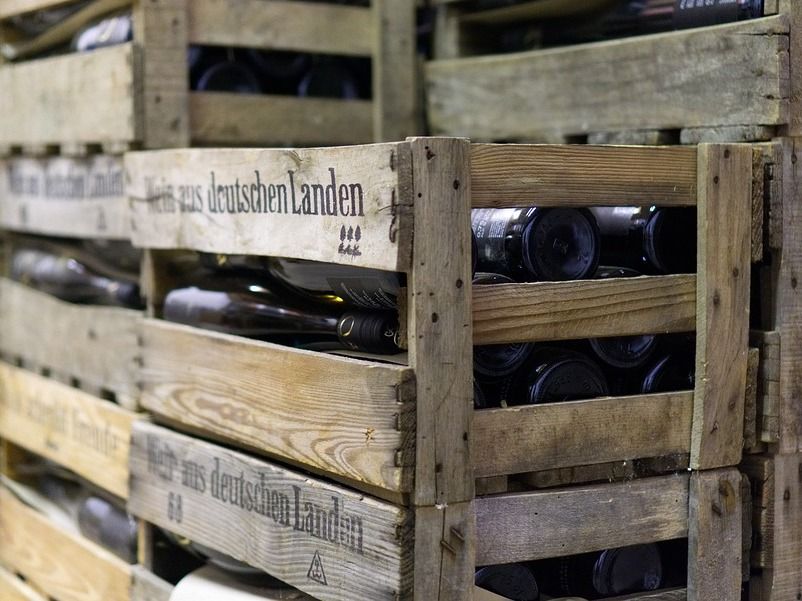
symbol image
distel2610/ Pixabay
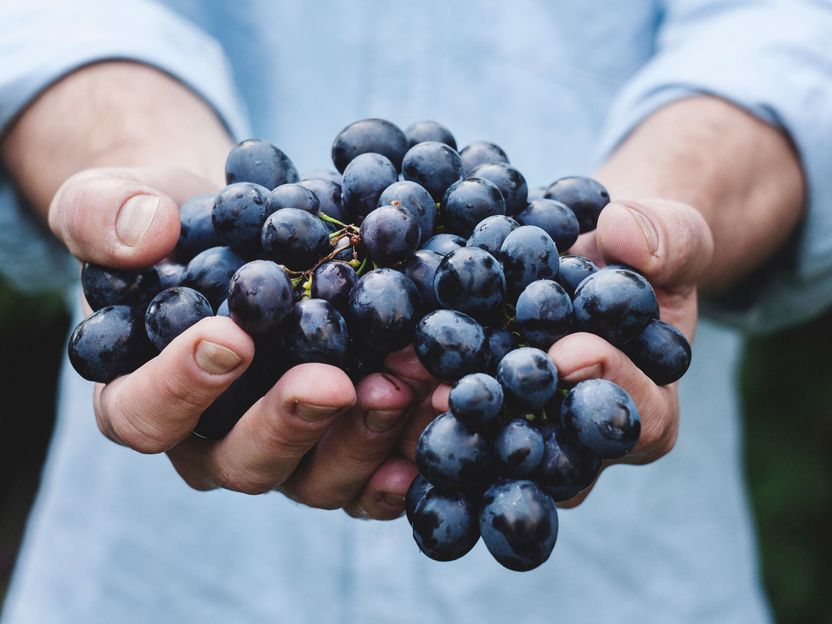
Photo by Maja Petric on Unsplash
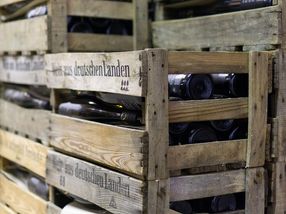
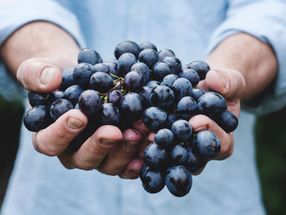
The 25 percent tariff increase imposed by the Washington Department of Commerce will take effect on Friday of this week. Among other products, wine from Germany, France, Spain and Great Britain is affected. The background is the World Trade Organisation's decision to allow the US to impose punitive duties on imports worth 7.5 billion dollars because of illegal EU subsidies for the aircraft manufacturer Airbus <NL0000235190>.
"We assume that the new tariffs will cause noticeable damage to wine exporters," says Ernst Büscher of the German Wine Institute in Bodenheim near Mainz. "The USA is the number one wine exporting country for Germany, with Riesling at the top of the list." Last year around 171,000 hectolitres of wine worth 71 million euros were exported to the USA. Büscher sees a distortion of competition in the fact that German, French and Spanish wines, but not wine from Italy, Greece or Portugal, are affected by the penalty duties.
The Verband Deutscher Prädikatsweingüter (VDP), of which the Peter Lauer winery is a member, is appalled that German wines have to serve as revenge for "allegedly unjustified subsidies in the aircraft industry". "Unfortunately, it is often the case that the burden of misguided industrial policy is borne by agriculture," explains VDP President Steffen Christmann. About a quarter of VDP wines go abroad, with an upward trend. "This tender little plant will now be severely damaged if 25 percent customs duty is imposed from the US border."
Albrecht Ehses, Managing Director of the Association of Rhine-Hessian Wine Cellars, expects the impact of the punitive tariffs to be felt most strongly on the wine shelves of the retail trade in the face of tough competition. "You can expect price increases of two to four dollars a bottle. Then the customer quickly reaches for another wine." Rheinhessen, Mosel-Saar-Ruwer and the Palatinate are the three winegrowing regions with the highest wine exports, explains Ehses. Wine growing in Rheingau and Franconia is also of greater importance for exports.
A crucial question will be how long the punitive tariffs on wine will remain. There are still larger stocks among US importers, explains Büscher. When these are used up, the full effect of the punitive duties will be felt.
Winegrower Lauer is these days constantly in conversation with his US importer Vom Boden to find a solution for the distribution of the increased tariff burden. "We must pay a share, part of the importer and part of the consumer." There is little hope that the punitive tariffs could be suspended again in the foreseeable future. Then he'd be willing to bear part of the burden. "In the medium term, however, it will no longer be profitable."
The Peter Lauer winery exports around 15 to 17,000 litres a year to the USA. "That accounts for about 25 percent of our total business," says Lauer. Some colleagues would have even higher US market shares. The export to China is only half as important for him. And with Brexit approaching, exports to Great Britain are also at risk.
Winegrowing must not be used as a scapegoat for punishments that should hit European aircraft construction, protests Lauer. Here, he expects the federal government or the state government to provide compensation, for example in the form of tax relief.
After many discussions with his importer, it is clear to Florian Lauer that Trump wants to hit the big metropolises on the west and east coasts, where a good wine from Europe is appreciated and mainly the voters of the Democratic Party are at home. With regard to the US President's daughter and advisor, the winegrower adds: "Sparkling wine is exempt from the fine - I have no idea whether Ivanka Trump likes to drink champagne."/pz/DP/zb (dpa)
Note: This article has been translated using a computer system without human intervention. LUMITOS offers these automatic translations to present a wider range of current news. Since this article has been translated with automatic translation, it is possible that it contains errors in vocabulary, syntax or grammar. The original article in German can be found here.



